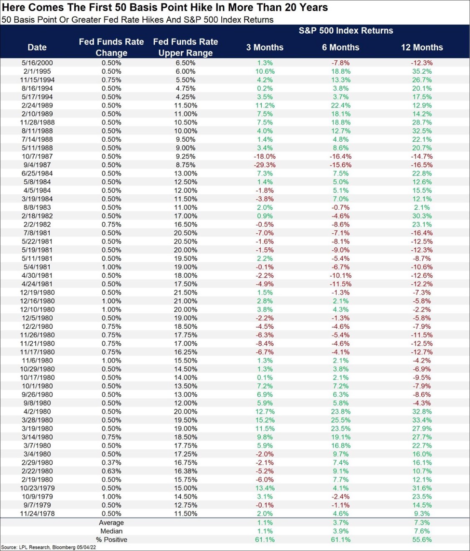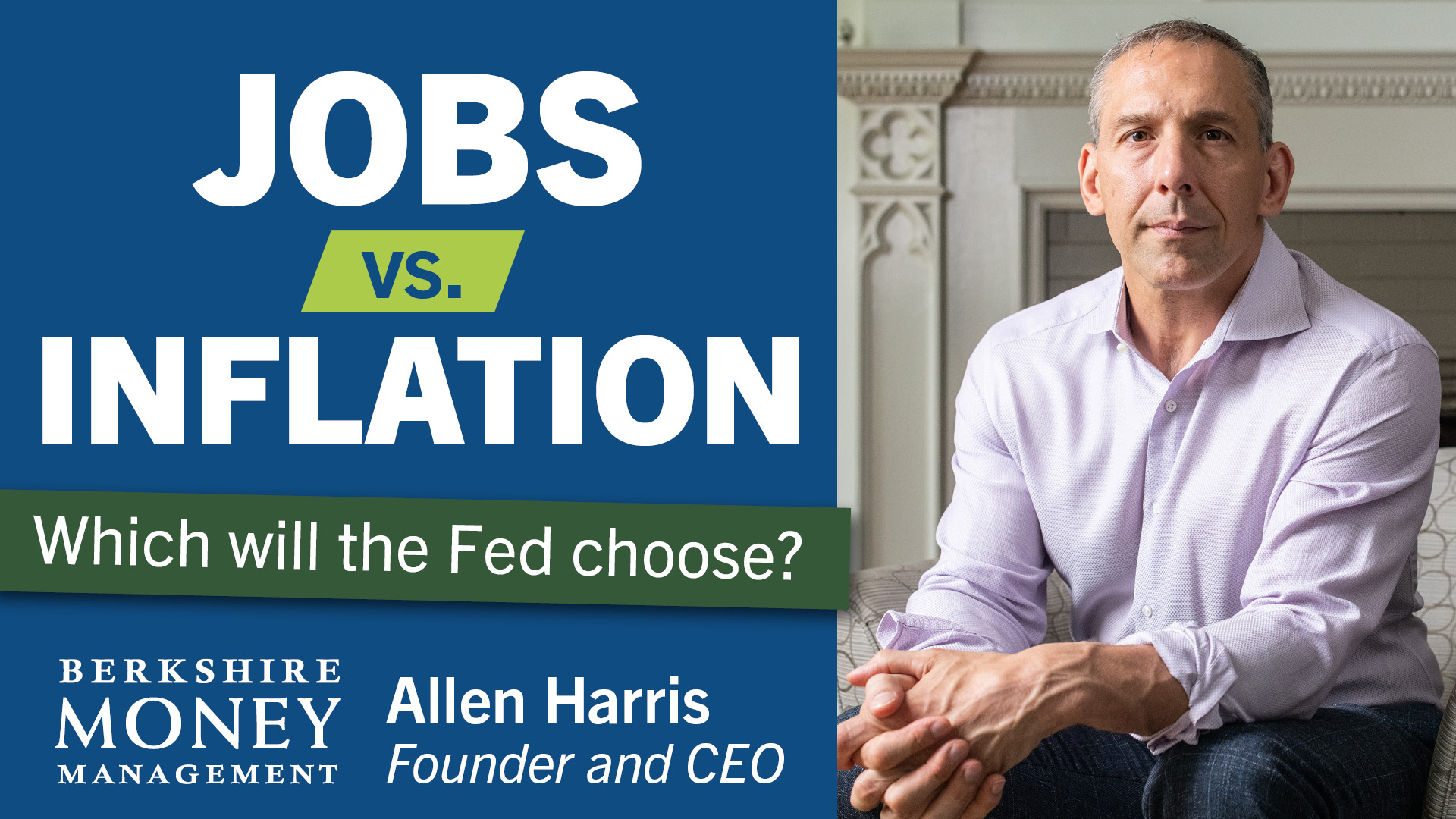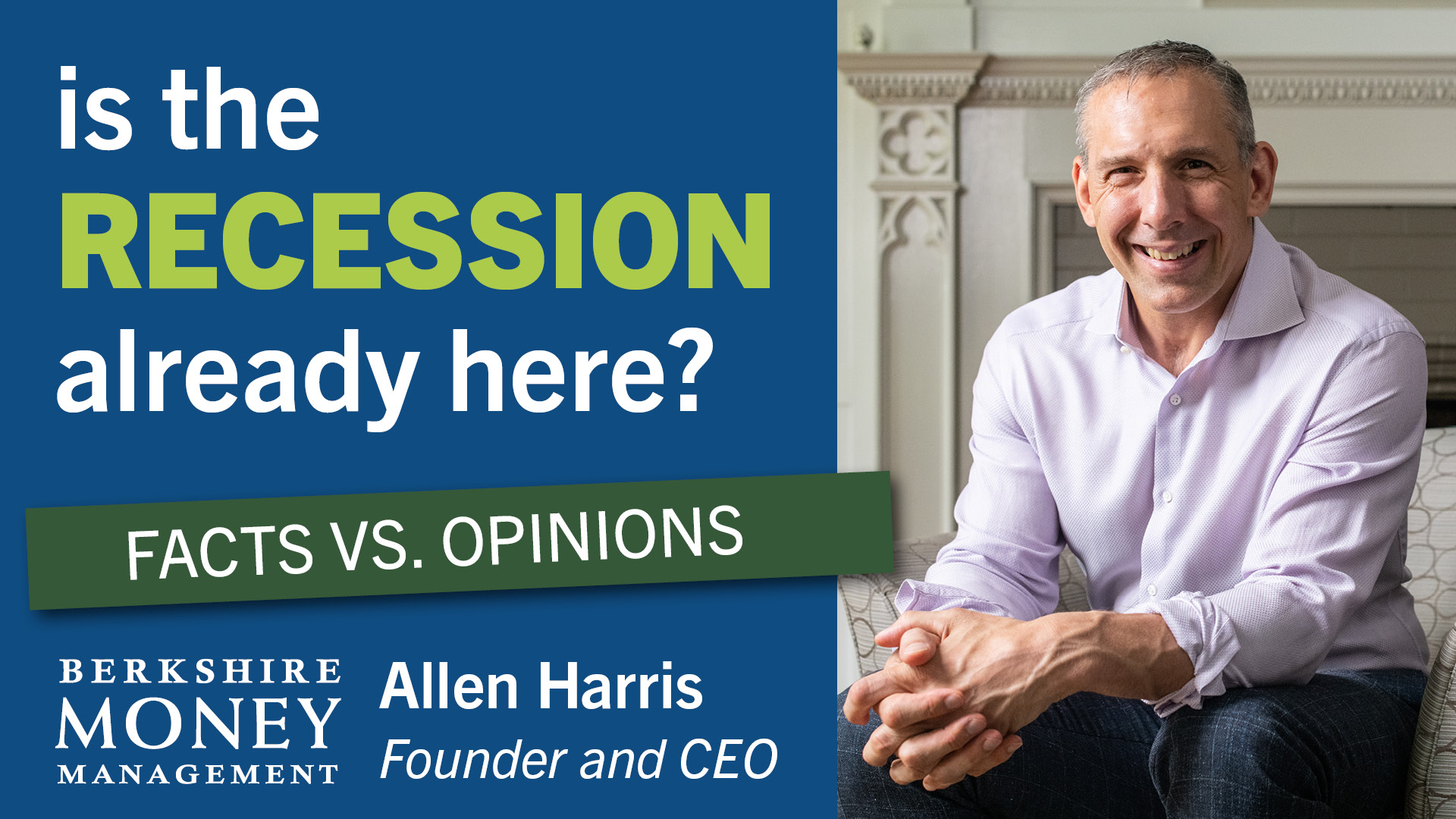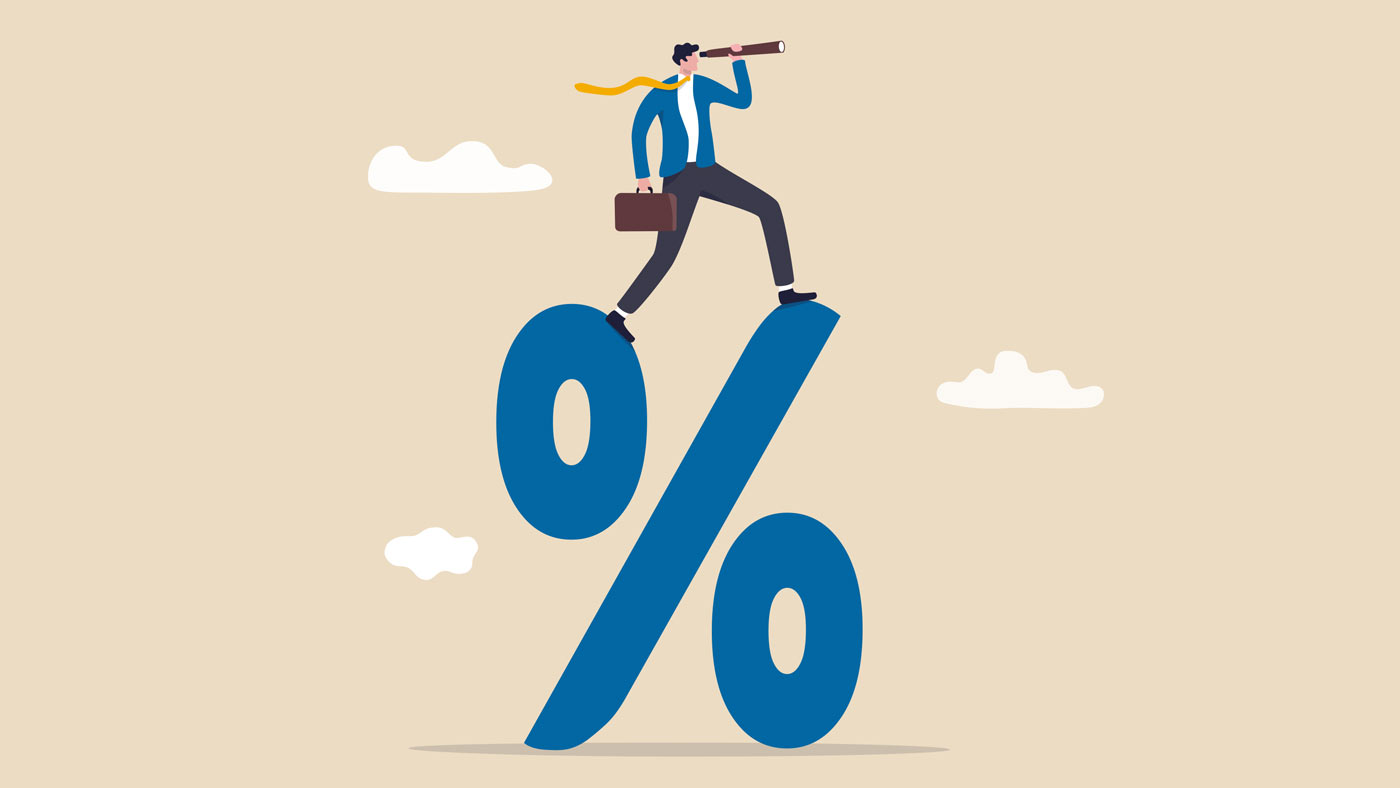Turning lemon returns into lemonade in the S&P 500

From Point A to Point B, the S&P 500 stock market index is essentially flat from roughly one year ago. That’s the good news. I mean, it ain’t great news, but that still leaves the index up about 35% from two years ago. But still … ugh! The S&P 500 stock market is off to its worst start to a new year since 1939. From peak to trough, it’s been down 17.8% (possibly more by the time you read this). Talk about leaving a sour taste in your mouth!
When the stock market drops, it’s an opportunity to sell investments (especially the mediocre ones) with unrealized losses. This technique is called “tax-loss harvesting” and is a sweet technique to reduce future tax obligations. Taxpayers whose capital losses exceed capital gains can deduct up to $3,000 of losses per year. The remaining losses can be carried forward to future years until they’re exhausted.
However, corrections can simultaneously be good opportunities to buy stocks (buy low; hope they don’t go lower). Investors could benefit from considering those two phenomena concurrently, not independently.
I’ve heard investors say they’d take a loss, tuck away the proceeds in cash, and get back into the market later. You know, when the “time is right “(whatever that means). That’s a lie that investors tell themselves. It’s a way to rationalize easing the pain of a stock market decline by getting out. Hey, I get it. I am not going to tell you that this doesn’t suck, because it does.
In retrospect, those changes I made, shifting from growth to value, back in April 2021 and again in January 2022 could have been more robust. But we’re where we are in the market now, and it feels too late to sell everything at this point. To offer perspective about whether or not it’s the right time to dump all our stocks now, consider what the famed investor and CEO of Berkshire Hathaway, Warren Buffett, is doing. Buffet has complained for years that the stock market offered few opportunities to buy into. However, in the first quarter of 2022, he purchased $51 billion of stocks, his most active buying since 2008, according to Bloomberg. This reduced Berkshire Hathaway’s cash to $106 billion, its lowest since 2018. Buffett’s timeline, goals, risk tolerance, etc., may be different from yours. The point is, if you trust Mr. Buffett’s bullishness, today might be a better time to buy than to sell. That doesn’t mean that the next few months can’t continue to feel treacherous. Still, there’s also an opportunity risk in getting out of the stock market.
If you take a trading loss for tax planning purposes, I’d like you to consider getting right back into the market. But not to the same investment. When it comes to tax-loss harvesting, you need to avoid the wash-sale rule. The wash-sale rule prohibits those taking advantage of tax-loss harvesting from purchasing the same or a “substantially identical” investment 30 days after the sale.
The term “substantially identical,” like other terms used by the Internal Revenue Service (IRS), is a tad vague. We can glean from previous IRS challenges what is disallowed. For instance, it’s been determined that you can’t sell Class A shares of Berkshire Hathaway stock and then buy back into Class B shares without violating the wash-sale rule.
However, theoretically, you can sell Charles Schwab’s S&P 500 index ETF and buy Vanguard’s S&P 500 Index ETF and not violate the wash-sale rule. The argument is that the ETFs have different management and expense ratios and thus are not “substantially identical.” I haven’t found any examples of that being challenged by the IRS, but I’m a nervous guy. When I read the IRS’ “clarification” on the matter, I see some wiggle room where they could challenge an investor in an audit (even if they haven’t yet done so). You could consider a slight change in your new investment. Consider an equal-weighted index as opposed to its market-capitalization-weighted counterpart. Or maybe tilt from the value index you’re in to a dividend-payer index. Similar, but not the same.
Remember that not every opportunity is an opportunity you need to pursue. The $3,000 limit is relatively small, and you don’t want to chase the tax benefit if you’re chasing away the best investment for your allocation at this time.
How will interest rate hikes impact the stock market?
On May 4, 2022, the Federal Reserve’s Open Market Committee (FOMC) voted to increase the federal funds rate by a one-half percentage point (50-bps). That was the first such hike in more than 20 years.
What does the stock market think of that move? Well, the stock market was down about 15% in the months ahead of that decision, so you tell me. What happens next? It’s about a coin flip.

After a 50-bps hike, the average returns for the S&P 500 have been positive 3, 6, and 12 months later. That’s about in line with how the market typically performs. However, returns are positive only a little better than half the time. An intelligent investor can’t make decisions based on one variable. The point here is that, while the rate hike is an absolute headwind for stock price valuations, it’s not necessarily the beginning of the end.
On February 7, 2022, I opined that the stock market’s most likely bottom (a 6-in-10 chance) would occur on May 22, 2022, after declining 15.1%. On May 11, 2022, the market traded down 17.8% from its intraday high. That’s pretty close in terms of both duration and magnitude. So, is it over yet?
I also argued for a 2-in-10 chance that the stock market would drop about 20% by September 2022, as it contended with a hawkish Fed and angst about the mid-term elections.
What do I think now? As I said, I wouldn’t sell stocks now just to hold cash. You can do what I’ve been doing for the last year or so (switching from growth to value, buying buffer funds, and reducing direct sector exposure) in an attempt to mitigate risk. Just know that, at this point in the decline, making significant changes might — at best — be considered short-term insurance. And there is nothing wrong with that sentiment. Just be cognizant that raising cash after a 17% drop is not just a bet against Buffett’s actions, but it might be an emotionally driven choice that could upset your long-term opportunities. Maybe we’ll be lucky, and the market will conclude its decline by May 22, 2022. Perhaps I’ll have to suck on a sour lemon for another four months. Either way, I’d rather bet with Buffett than against him.
Allen Harris is the owner of Berkshire Money Management in Dalton, Massachusetts, managing investments of more than $700 million. Unless specifically identified as original research or data-gathering, some or all of the data cited is attributable to third-party sources. Unless stated otherwise, any mention of specific securities or investments is for illustrative purposes only. Adviser’s clients may or may not hold the securities discussed in their portfolios. Adviser makes no representations that any of the securities discussed have been or will be profitable. Full disclosures. Direct inquiries: aharris@berkshiremm.com.
This article originally appeared in The Berkshire Edge on May 16, 2022.




